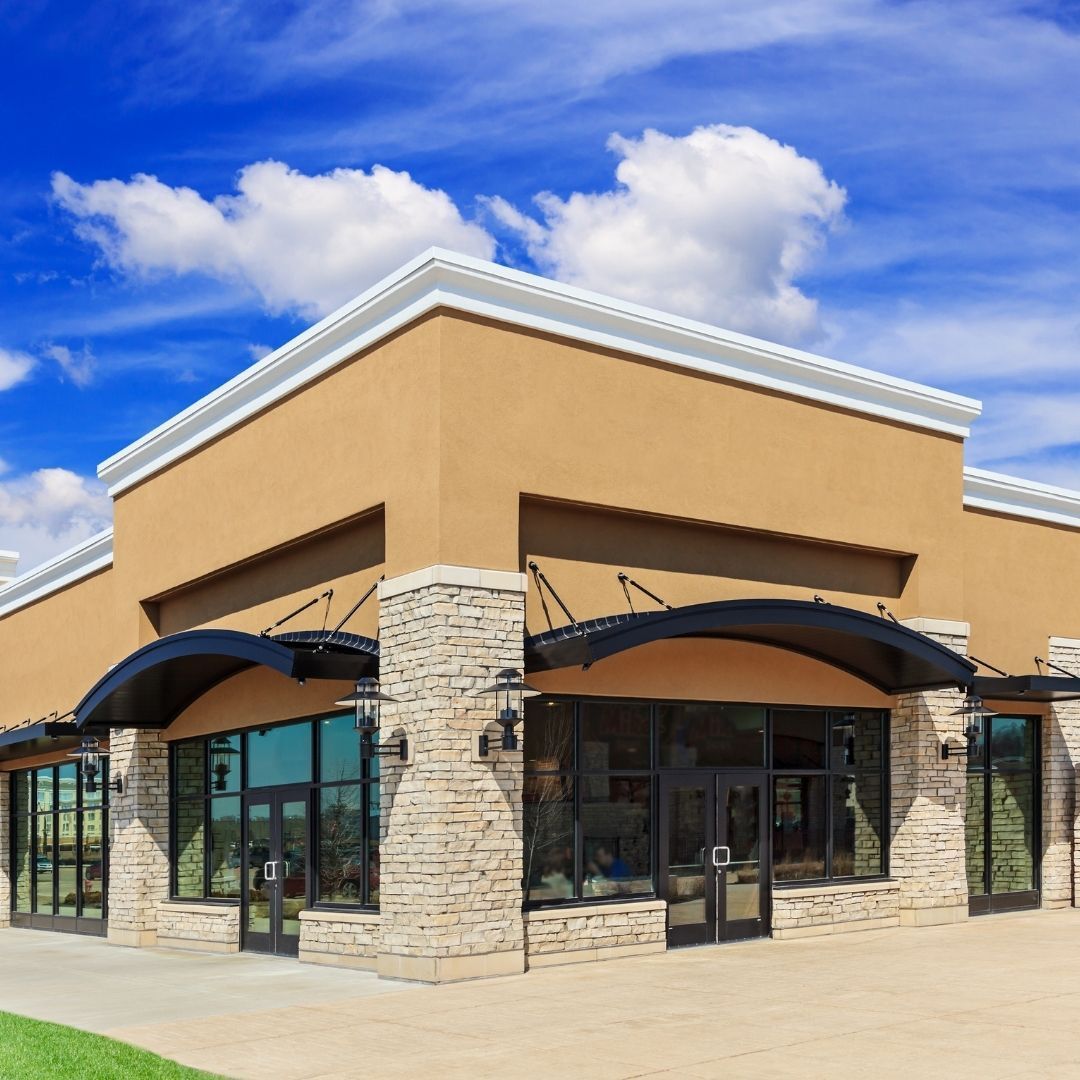FAQ - Loan For Small Businesses - What Are The SBA 504 Loan Requirements?
The Small Business Administration (SBA) 504 loan is a long-term financing tool for growing small businesses.
It's meant to help small businesses finance assets, such as inventory, major equipment, improve facilities, and even purchase commercial buildings. The 504 loan program offers borrowers the opportunity to take out up to $20 million in funding or more, with a 10% down payment requirement. Please note, these numbers are always changing. Please call, (727) 784-5555 for specific numbers or visit SBA's website.
The 504 loan can be a great financing tool for entrepreneurs who are looking to grow their business through asset purchases.
This loan program is designed to help entrepreneurs strengthen their companies by taking out loans that fund the purchase of fixed assets. A 504 loan can be used to pay for the purchase of capital improvements, including new construction or renovation projects, land or land improvements, and heavy machinery or equipment.

To qualify for an SBA 504 loan, you'll need to meet specific eligibility requirements outlined by the SBA. In order to apply, your business will need to:
- Operate as a for-profit company in the United States or its possessions
- Have a tangible net worth of less than $15 million
- Have an average net income of less than $5 million after federal income taxes for the two years preceding your application
The 504 loan is just one of many options.
What loans can I get?
To learn more about what loans you can get check out our FAQ - What Real Estate Loan Is Best For Small Businesses? Or call us, 727-784-5555, and talk to a commercial loan advisor.
Learn more about Commercial Real Estate.
Have A Question?
Use the form below and we will give your our expert answers! Or scroll down for more FAQs and Answers.
Ask A Question

Check out our other helpful videos to learn more about credit and residential mortgages.














